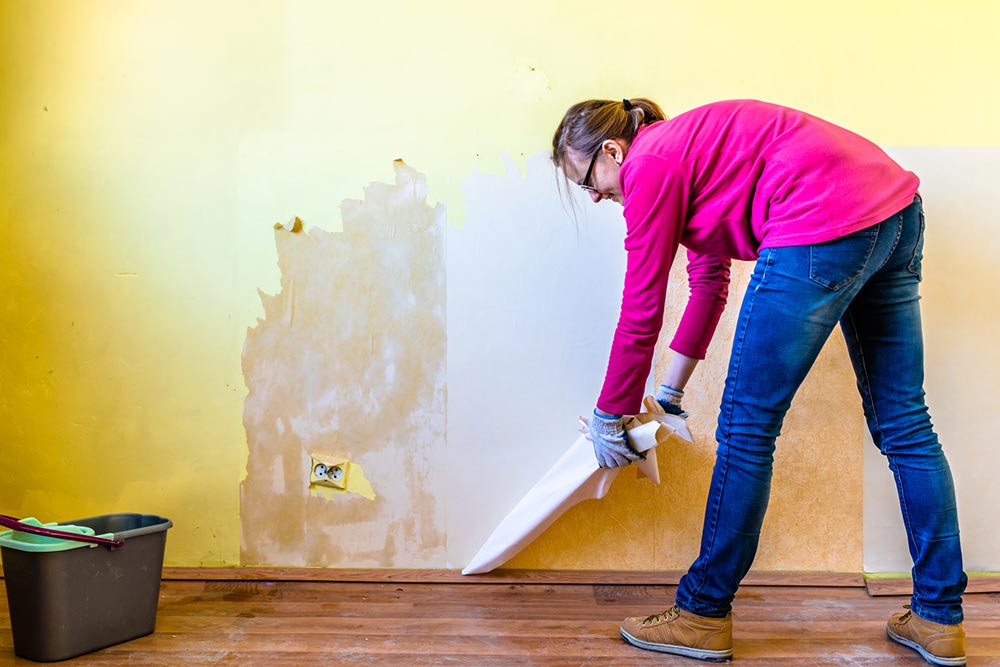11 mistakes to avoid while repairing basements

Basements can be additional living spaces or could be converted into gyms, cafeterias, parking lots, and offices. Commercial and residential buildings often repurpose their basements for such fruitful purposes. However, these multifunctional spaces can often stay neglected. Basements require regular maintenance and repair to stay useful and well-frequented spaces. Further, any repairs in the space should be carried out with proper interior and budget planning and careful avoidance of the following mistakes:
1. Using fiberglass insulation
Fiberglass insulation is common for homes and offices. However, using fiberglass to insulate basements is not a good idea, as moisture may seep into the material and lead to mold growth. It is better to use inorganic materials like ceramic to insulate basements because they can resist moisture better.
2. Failing to test the soil
Adequate materials and technology may be used for basement repair depending on the type of soil in the basement. Understanding the soil’s constituents can help select the right materials to use for basement repair. So, testing the soil is a key step to avoid missing.
3. Not considering water-related emergencies
Basements are most vulnerable to water emergencies in natural disasters like floods or even when sewer overflows. While repairing basements, one should prepare for these situations, as cleaning water from basements can be quite a task. For starters, one needs to have a reliable drainage system in the basement, which can be concealed with furniture or carpets if needed. Also, while digging or laying floors in basements, one needs to ensure that no pipes get damaged and burst open in the process. Further, waterproofing is an absolute must to minimize damage during natural disasters. One may need to engage the services of a professional to install pipes and other drainage systems in basements to properly prevent seepage.
4. the wrong materials for walls
Selecting materials for basement walls should be a well-planned process because basements tend to be more humid than the rest of the building. Inorganic materials like ceramic are the best options for basement walls, as they prevent moisture from penetrating and keep the basement cool and airy. Spray foam insulation is another good option for these spaces.
5. Skipping soundproofing
Basement repair should include soundproofing, especially if one is planning to use the space as a study room, movie theater, or for commercial purposes like conference rooms. So, if it is to be repurposed as a theater, sound may travel to other rooms and disturb occupants. But if it is for a conference, external noises may interrupt the meetings taking place in the basement. So, good soundproofing is important to ensure that sound doesn’t travel inside and outside the space.
6. Neglecting the stairs
Basement stairways should be fixed before the basement is renovated because these stairs are usually steep and can cause accidents if left neglected. They should also lead to the basement without causing any inconvenience. Adding curving stairs can enhance the visual appeal of the space. Further, widening the entrance to add more headroom is another option to prevent accidents.
7. Poor lighting
Basements usually do not get enough natural light, so adequate artificial lighting is crucial for preventing accidents and ensuring the safety of inhabitants, apart from just brightening up the place. Recessed ceiling lights, namely, downlights, high-hats, and can lights, can help in creating a good ambience in basements. One may also opt for track lighting, which is more affordable than recessed lights.
8. Not setting a budget
One can do a lot with basements, so it is easy to go overboard and overspend while renovating them. Sticking to a budget helps avoid this problem. One should set a definite budget after taking into account the cost of major repairs, including waterproofing, soundproofing, lighting, repairing existing damages, wall and floor laying, and stairway repair. The budget can help one decide if they are falling short of funds and need to make arrangements to cover essential repairs.
9. Poor ventilation
Basements may not have wide windows to provide natural ventilation like other floors. So, the air in the space needs to be circulated in other ways, for example, by using dehumidifiers, exhaust fans, or whole-house ventilation systems. This can enhance the utility of the room and keep any dampness at bay.
10. Inadequate research
A common mistake while repairing basements is to jump into the task without enough research. All available options must be considered carefully while planning basement renovation or repair. So, one should speak with contractors and interior designers at length and ask for references and reviews of contractors from family members, neighbors, friends, and other trusted acquaintances. The credentials of these professionals should also be checked to ensure that they are licensed and authorized. Also, basement repair work requires the use of specific materials, so one should also look up the types of materials that should or should not be used. Warranties for supplies, fixtures, and equipment should also be checked before using them.
11. Not consulting a professional
As much as one may want to repair a basement independently, having a professional’s perspective always helps. Professionals have considerable experience, so they can provide sound guidance and advice and help one prevent major mistakes. While consulting an expert, one should mention the ultimate purpose the basement will serve, based on which the professional can suggest suitable materials and repairs.



